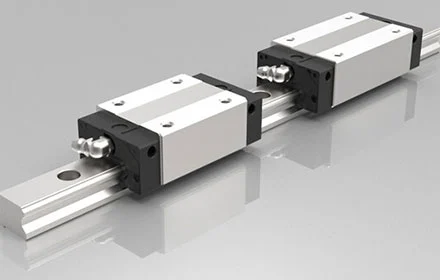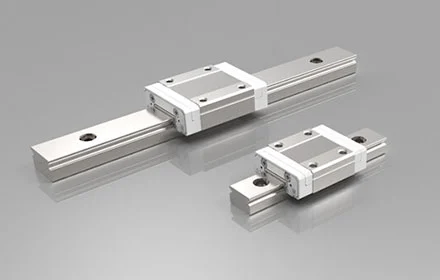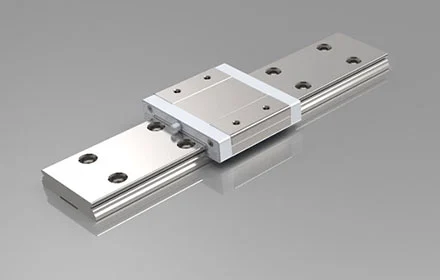In the world of precision engineering, the term "linear motion motors" is synonymous with accuracy, speed, and efficiency. These powerful devices are the unsung heroes that enable the development of cutting-edge machinery, manufacturing processes, and automation systems. In this blog, we will explore the critical role that linear motion motors play in precision engineering and how they propel technological advancements to new heights.
Precision engineering is all about achieving impeccable accuracy and control in mechanical systems, and linear motion motors are at the core of this pursuit. They are responsible for the linear movement of components, tools, and devices in a controlled and predictable manner. This precision is vital in various applications, including semiconductor manufacturing, medical devices, aerospace, and automotive industries, where even the slightest deviation can have significant consequences.
Linear motion motors come in various types, each with its unique characteristics and advantages. Here are some of the fundamental features that make them indispensable in precision engineering:
High Precision: Linear motion motors offer exceptional accuracy and repeatability, making them suitable for applications that demand fine-tuned control, such as CNC machining and inspection systems.
High Speed: These motors can provide rapid linear motion, making them ideal for tasks requiring quick movements, like pick-and-place operations in automation and robotics.
Direct Drive: Some linear motion motors are direct-drive systems, which means there are no intermediate components like belts or gears. This reduces backlash and enhances precision.
Quiet and Smooth Operation: Many linear motion motors operate with minimal noise and vibrations, crucial for applications like medical devices and laboratory equipment.
Linear motion motors find applications in a broad spectrum of precision engineering fields, contributing to enhanced productivity and quality. Some notable examples include:
CNC Machining: Linear motion motors in CNC machines enable precise control of tool movements, resulting in the production of intricate components and parts with high tolerances.
3D Printing: In additive manufacturing, linear motion motors ensure precise positioning of print heads and build platforms, allowing for the creation of complex and highly detailed 3D-printed objects.
Semiconductor Manufacturing: Linear motion motors are essential in semiconductor fabrication equipment, ensuring precise wafer handling and lithography processes.
Medical Devices: They are used in medical devices like robotic surgery systems, MRI machines, and blood analyzers to ensure accurate and reliable movements.
Aerospace Industry: Linear motion motors play a critical role in aircraft manufacturing, particularly in tasks like riveting, drilling, and automated assembly.
In the world of precision engineering, linear motion motors are the driving force that enables engineers and manufacturers to push the boundaries of what is achievable. Their unrivaled precision, speed, and versatility open doors to innovation and advancement in countless industries. As technology continues to evolve, these remarkable devices will remain at the forefront of precision engineering, propelling us toward ever greater levels of precision and control.


